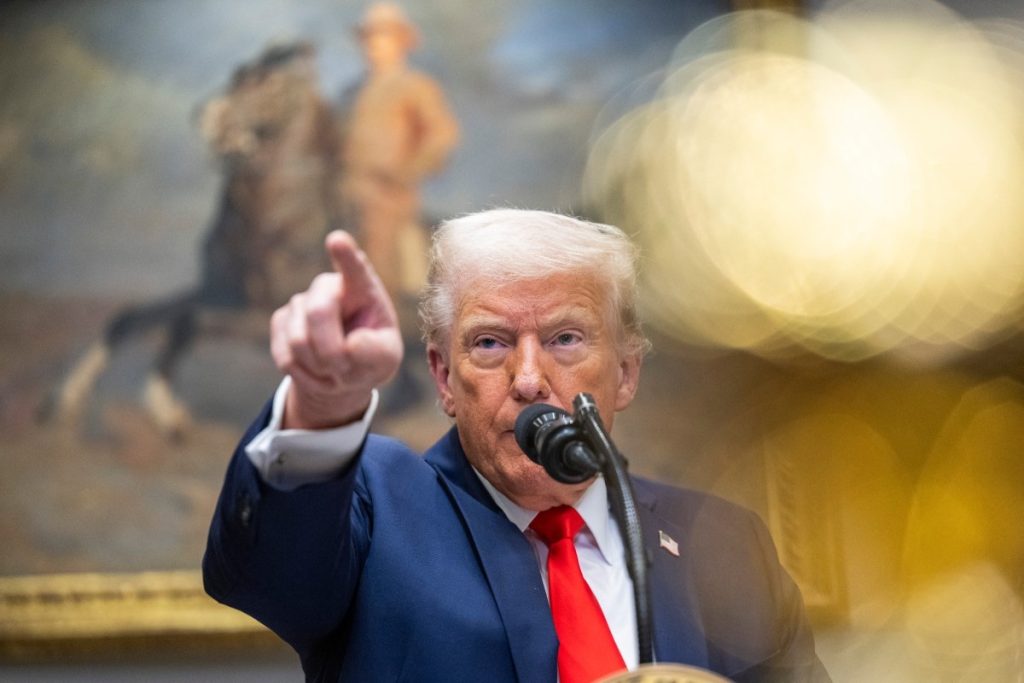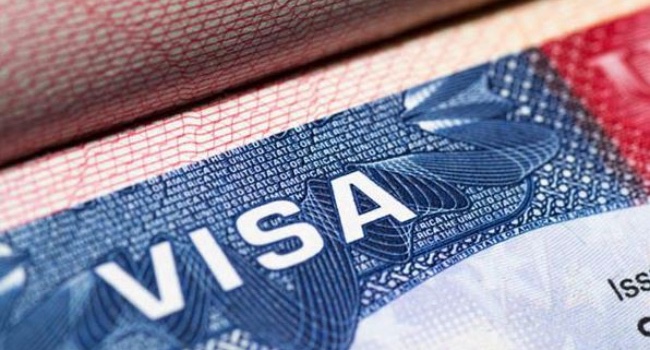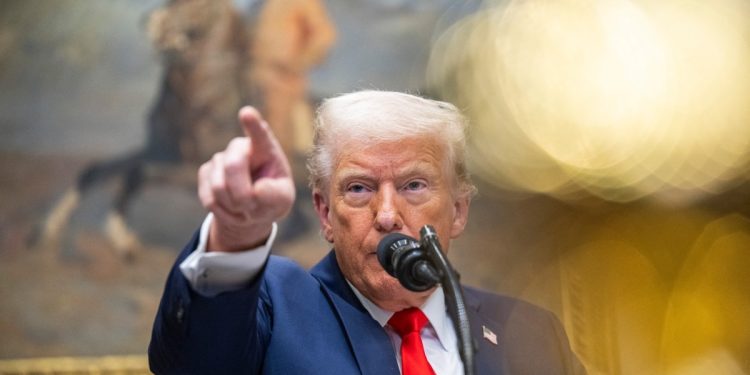The United States has reportedly rolled out a new rule mandating employers hiring foreign workers under the H-1B visa program to pay an annual fee of $100,000 per worker. This development, if fully implemented, could reshape the landscape of skilled migration, especially for professionals from Nigeria and other developing nations seeking opportunities in the U.S. job market.

Key Details of the New Rule
According to the announcement, companies employing foreign workers on the H-1B visa will now face a significant rise in costs. The new $100,000 annual payment is designed to increase oversight, ensure fair wages, and limit exploitation of the U.S. immigration system. This move may discourage smaller companies from sponsoring foreign professionals while favoring larger corporations with deeper financial resources.
ALSO READ: First Southwest INEC Chairman Possible as Tinubu Prepares to Name Successor
Impact on Nigerian Professionals
Nigerian professionals, who have historically benefited from the H-1B visa program in sectors such as technology, health, and engineering, may face tighter opportunities. Higher costs for employers could translate into fewer job offers and increased competition for available slots.
What Employers and Workers Should Expect
Reduced Sponsorships: Small and mid-sized firms may cut back on H-1B hires due to the new cost burden.
Higher Demand for Skills: Only top-tier talent may be targeted by companies willing to pay the new fee.
Potential Policy Adjustments: This rule could face legal or legislative reviews as immigration stakeholders push for clarity or modifications.

Why This Matters
The H-1B visa has been a major pathway for skilled professionals worldwide, including thousands from Nigeria, to work and gain experience in the U.S. This sudden policy shift signals a more restrictive approach to employment-based immigration and may influence how Nigerians and other foreign nationals plan their U.S. career paths.


